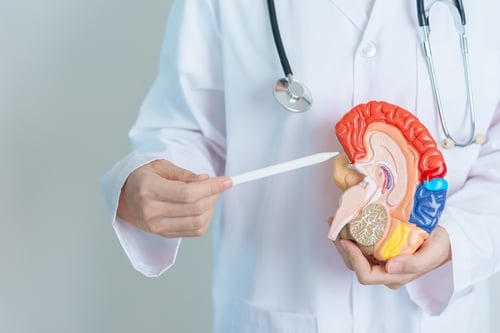Migraine is a brain disease caused by temporary abnormalities in chemical levels in the brain, causing the brainstem or brain cells to function abnormally. The symptoms are clearly observable, such as headaches or pain in one temple, pain on both sides, or alternating headaches. The pain is intermittent and comes and goes, which often interferes with daily life. If left untreated, it can lead to long-term health problems.
Symptoms of a disease called “migraine”
Symptoms of migraine are as follows:
Headache: Severe or persistent pain that occurs intermittently, with a throbbing pain on one side of the head or both sides. In some cases, there may be pain in the eye socket.
Sensitivity to light and sound: Sensitive to ambient light and sound.
Abnormal vision: seeing double images or flashing white lights
Nausea and vomiting: Nausea or vomiting may also occur.
These symptoms, although they may not sound serious, ufabet http://ufabet999.app can be annoying and can affect the daily life of those with migraines.

A headache on one side may not just be a migraine!
Although unilateral headaches are the main symptom of migraines, this is not always the case. Migraines can occur on one or both sides of the head, or switch to one side of the head.
In addition, a headache on one side may be a symptom of other diseases with similar symptoms, such as a brain tumor, muscle tension, sleeping on a crooked pillow, or a head injury.
Causes of migraine headaches
The causes of migraine may be caused by many factors that stimulate the brain to function abnormally, resulting in migraine headaches. The main causes may be caused by the following factors:
- stress
- Insufficient rest or sleep deprivation
- Being in a place with bright light or flashing lights
- Drinking too much caffeinated beverages
- Drinking alcoholic beverages
- Foods containing MSG or preservatives
- Smells that trigger migraines
- Temperature changes, such as too cold, too hot, or hot and humid weather.
- Estrogen, a female hormone, can only be triggered when its levels drop rapidly, including during pregnancy when estrogen levels drop after childbirth, which can make you more susceptible to migraine headaches.
Migraine headaches can be triggered by a variety of triggers, so if you know what triggers your headaches, you can avoid them.